Moscow is engaging in human trafficking, employing African women in its defense industry through coercion. According to a report by the Associated Press, Russia has lured women from African countries and Sri Lanka to work on kamikaze drone production in Tatarstan, using the false promise of high-paying jobs in Europe. The international legal definition of human trafficking includes actions where victims are coerced into working for another party, often through violence or deception.
Women from Uganda, Rwanda, Kenya, South Sudan, Sierra Leone, Nigeria, and Sri Lanka were promised jobs with free airfare, only to be sent to a special economic zone called “Alabuga,” where drones for military purposes are manufactured. This demonstrates a clear case of fraud and deception.
Human trafficking is also evident in the concealment, transport, and handover of victims to other parties.
Currently, approximately 200 young women, mostly aged 18 to 22, are working in these facilities, with some exchange students as young as 16. One woman said she believed she was headed to Europe, only to find herself in “Alabuga,” regretting her decision and lamenting the harsh working conditions and low wages.
The women work under constant surveillance, both in the factories and their dormitories, suggesting restricted freedom and illegal detention. Reports also raise concerns about possible sexual exploitation by the facility’s security and management.
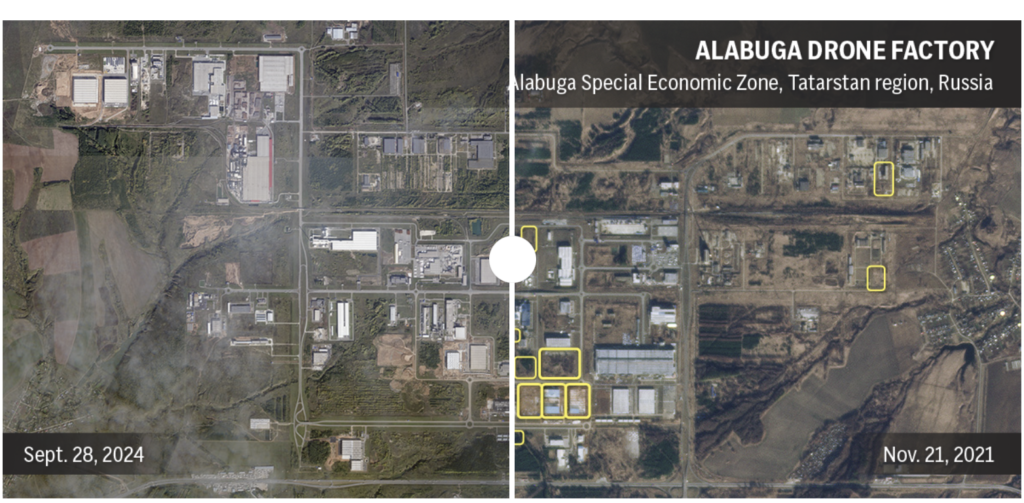
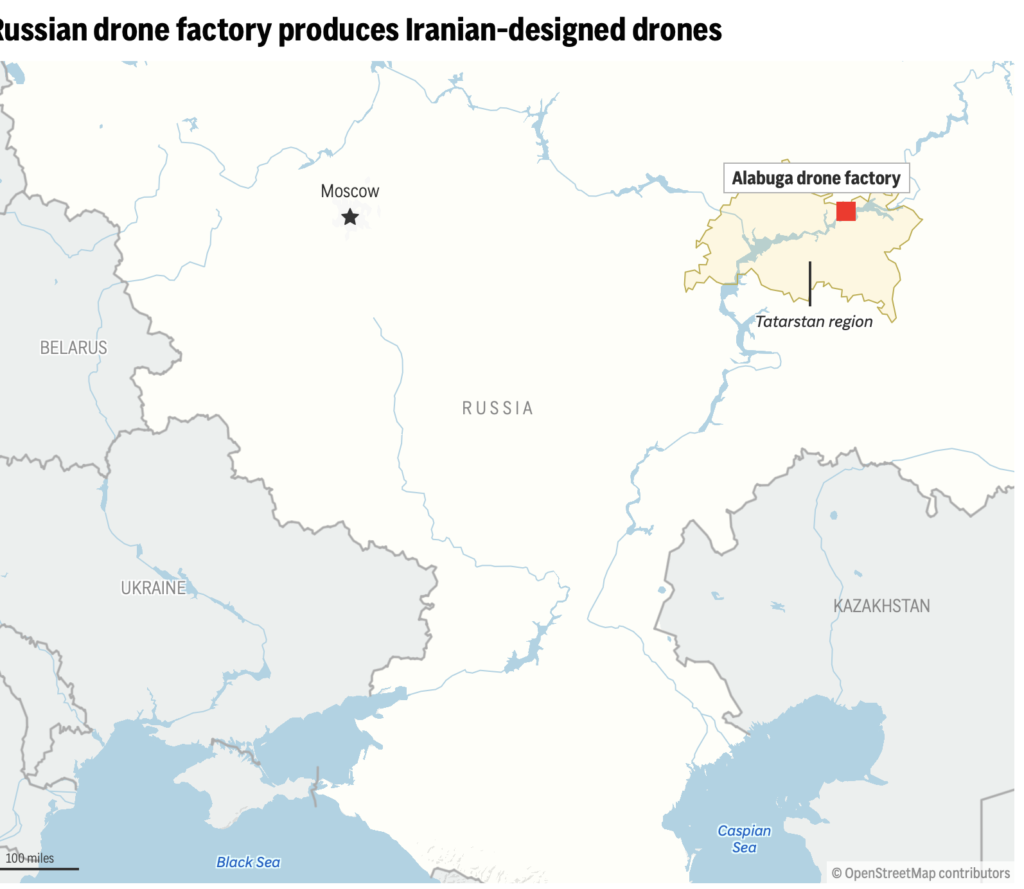
The wages promised at the time of recruitment are significantly lower than what was offered, and the working hours are longer. The women are reportedly prevented from returning home, further confirming their illegal detention. According to sources, their phones are checked for “unwelcome” communication. These women are forced to work with toxic chemicals without adequate protection. The factory in Alabuga, built in 2023, is owned by the Russian government, financed by the Ministry of Defense and VTB Bank.
This situation underscores Russia’s tacit approval and knowledge of the use of forced labor at its drone production facility. The exploitation of African women in this manner aligns with previous findings about Russia’s colonial policies in Africa. While Moscow criticizes the West for colonialism in its propaganda, it is actively exploiting not only Africa’s natural resources but also its people—victims of economic crises—through deception and restrictions on their freedom. Russia’s actions are filling labor shortages caused by the mobilization of men for the war in Ukraine, a war also marked by colonial motivations.
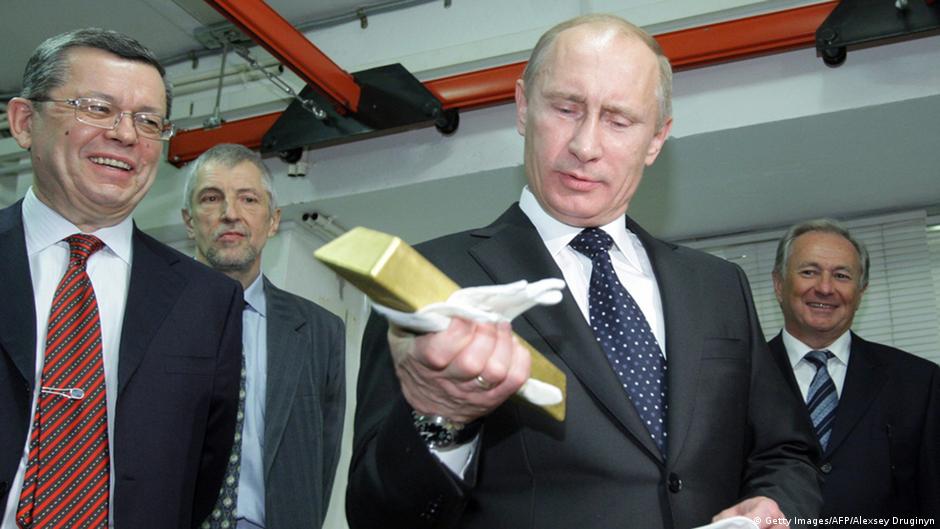
More on this story: Africa loses gold deposit sovereignty and turns into Russian colony

More on this story: Kremlin’s Colonial and Racist Policies in Africa
The lack of response from the governments of the African countries involved is striking. This silence, amounting to tacit complicity in human trafficking, demands a robust legal and political response at the international level.
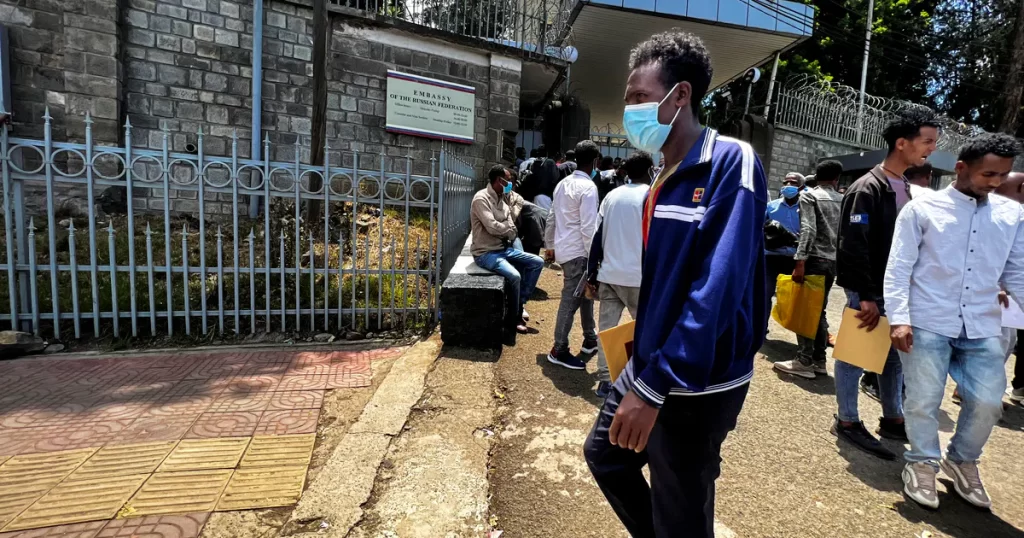
More on this story: Russia uses African mercenaries as consumables in the war against Ukraine




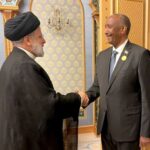
Pingback: The forced labor of African nationals in Russian munitions factories reflects Moscow's colonial approach to the continent. - Young Boss News